Summary
- Pre-written adventures are helpful for new DMs in D&D to create campaigns without starting from scratch.
- It’s important for DMs to balance challenges in D&D, keeping gameplay fair and enjoyable for players.
- Feedback from players is crucial for DMs to adjust campaigns, enhance collaboration, and improve overall game experience.
Dungeons & Dragons is one of the most iconic tabletop RPGs ever created, offering players the chance to experience unique stories in medieval fantasy settings. However, to do so, it’s essential for the Dungeon Master, who is responsible for narrating the story, to fulfill their role by combining rule knowledge with improvisation to deliver outstanding storytelling. This can be a little daunting for newcomers.
Even with the initial struggles, the path to becoming a reliable DM is rewarding. The experience provides unique moments and strengthens the bonds between players. To help with this process, there are several beginner tips for DMs in D&D, aimed at making campaigns more fun and organized. These can allow any aspiring DM — with a bit of preparation and practice — to run memorable adventures.
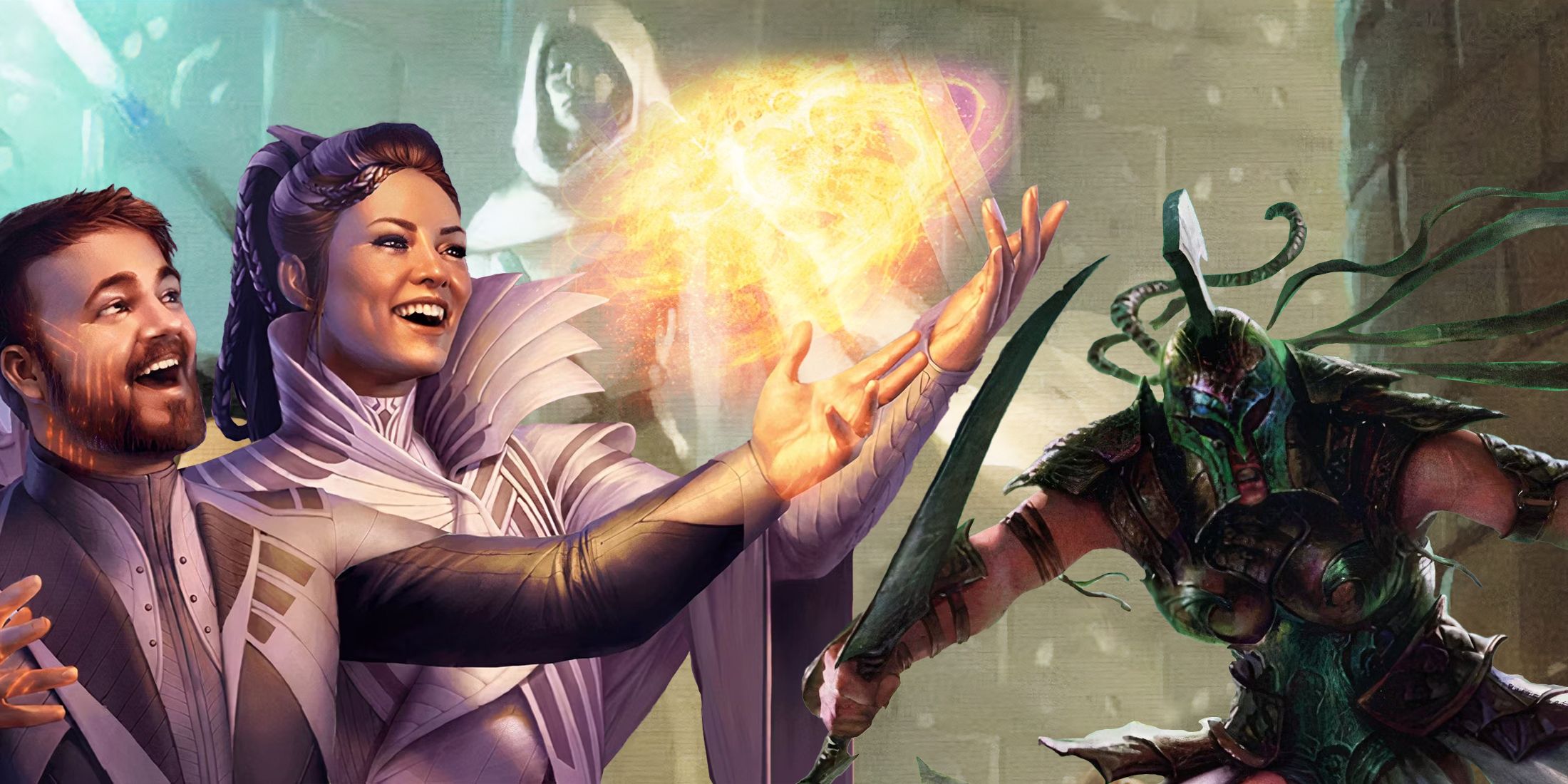
Related
Dungeons & Dragons: 19 Best Cantrips In 5e
Spellcasters have access to all kinds of cantrips. Some stand out as the best, so here’s what magically inclined adventurers should prioritize.
10 Don’t Try To Create An Adventure From Scratch
Pre-Written Adventures Can Help DMs Learn The Basics
One of the biggest challenges for any Dungeon Master in Dungeons & Dragons is creating adventures from scratch. Newcomers should avoid the mistake of attempting this alone, as blending stories with challenges is a difficult task. Fortunately, there are numerous pre-made adventures produced by Wizards of the Coast. These can help players get started, providing a framework for effective narration.
Adventures like Phandelver and Below: The Shattered Obelisk and Dragon of Icespire Peakare excellent starting points. They provide straightforward narratives and introduce core mechanics of the tabletop RPG. However, it’s important to remember that these modules are merely guidelines. Dungeon Masters have the freedom to adjust and modify them as needed to suit their group’s preferences.
9 Making Challenges Impossible For The Players
D&D Is About Collaboration Between DM And Players
A beginner Dungeons & Dragons master should recognize that tabletop RPG campaigns are a collaborative effort between the DM and the players to advance the narrative. The game wasn’t designed for one person to overshadow the others, so creating insurmountable challenges for the players is out of the question.
This does not mean encounters should be easy. Striking a balance between manageable and overly difficult scenarios is key. A skilled DM ensures that challenges test the players without leading to unfair frustrations. Maintaining this equilibrium enhances tension and excitement while preserving the enjoyment of the adventure.
8 Ignoring Player Feedback
Listening To Players Is Essential
One mistake to avoid as a DM in Dungeons & Dragons is dismissing player feedback. Regular conversations with players help DMs uncover what they enjoy and identify aspects that need improvement and this dialogue builds trust and strengthens the group’s dynamic.
Adjusting the campaign based on player input ensures a more enjoyable experience for everyone. Whether it’s tweaking encounters or refining story elements, adapting to their preferences keeps the game engaging and fun. A responsive DM fosters also collaboration, which is at the heart of the game.
7 Prepare, But Don’t Overdo It
Adapt When Players Take Unexpected Turns
While constructing encounters and plotting the storyline are essential aspects of Dungeons & Dragons, it’s important for DMs not to prepare too much. Since players can act unpredictably, the narrative frequently deviates from the established path. This means that the Dungeon Master must often improvise to maintain the flow of the story.

Related
D&D: 14 Best Swords, Ranked
Swords are a staple weapon in Dungeons and Dragons, and these particular swords stand out as the best the tabletop game has to offer.
Improvisation plays a role just as vital as preparation in running a successful campaign. By focusing on key elements rather than rigid plans, DMs can adapt to unexpected player actions and ensure the narrative flows naturally. This will create a more enjoyable experience for everyone.
6 Neglecting Variety In Combat, Role-Play, & Exploration
Provide Opportunities For Every Character To Shine
Each class in D&D has its own unique strengths and mechanics, catering to different playstyles. When planning adventures, new Dungeon Masters should consider these attributes to create diverse challenges and scenarios.
Balancing encounters ensures that all characters have opportunities to shine by leveraging their unique abilities. Incorporating varied challenges, such as combat, puzzles, and social interactions, highlights different skill sets, encourages teamwork, and allows players to fully enjoy their characters’ capabilities.
Games, Movies, And Books Offer Great Ideas
For Dungeon Masters looking to craft characters or engaging narratives, finding inspiration in other media serves as a great method for creating content. The Baldur’s Gate series, for instance, in addition to being rooted in Dungeons & Dragons, provides many hooks and other excellent details that can be incorporated into a tabletop RPG campaign.
Familiar references create a sense of connection and enjoyment, while creative twists on popular themes can surprise and delight players. Whether it’s a villain inspired by a famous character or a setting drawn from a well-known universe, these influences add depth and excitement to tabletop adventures.
4 Memorizing Rules Instead Of Learning The Basics
Focus On Key Mechanics To Run A Session Smoothly
The size of the core rulebooks for Dungeons & Dragons can be intimidating for novice Dungeon Masters in tabletop RPGs. However, the good news is that memorizing every page and rule isn’t necessary. A basic understanding of the game’s mechanics is sufficient to begin a session. Additional details will become clearer through practice over time.
Many sections of the Dungeon Master’s Guide or other core books focus on specific aspects like world-building, serving as optional references for crafting custom adventures. By focusing on the most relevant sections for running a session, new DMs can ease into the role without feeling overburdened by the amount of material available.
3 Losing Track Of Important Details
Use Notes To Ensure Consistency And Depth
Taking notes is invaluable for both players and Dungeon Masters, but for the DM, it becomes an essential tool to track key campaign details. Even the best memory can falter, making it easy to forget critical plot points or character interactions. Notes ensure consistency and help everyone recall previous events accurately.
For Dungeon Masters, notes about NPC interactions or player decisions can serve as narrative hooks for future sessions. This practice fosters organic storytelling by weaving new storylines from past events, enriching the campaign and making it feel more interconnected.
2 Feeling Pressured To Use Unique Voices For Every NPC
Use Gestures, Expressions, And Other Techniques
Creating unique voices for NPCs and villains is a fun aspect of Dungeons & Dragons, but new Dungeon Masters shouldn’t feel pressured if this feels intimidating. Roleplaying can involve more than just vocal changes. Small gestures, shifts in posture, or the use of online voice modifiers can effectively convey distinct personalities.

Related
10 Best Video Game Characters Voiced by Matt Mercer
Matt Mercer has been a welcome talent to gaming, and his voice has carried more than a few iconic roles over the years.
For in-person games, standing up, changing facial expressions, or gesturing differently can highlight a character’s essence. In online sessions, sound effects or voice tools can differentiate dialogues. What matters most is creating an engaging experience, so find a style that feels comfortable and focus on immersing the players in the story.
1 Relying Exclusively On Maps — Or On Theater Of The Mind
Combine Visual Aids & Verbal Descriptions
In physical sessions, detailed battle maps are excellent for pivotal moments like boss fights, as they provide a clear visual reference for positioning and enhance the overall experience. However, these tools can be time-consuming to prepare. They are often more effective when playing online, where their visual clarity and ease of sharing can shine. For this reason, it’s best to reserve them for significant encounters.
New DMs should avoid the common mistake of relying too heavily on battle maps for every encounter. For simpler interactions, the “Theater of the Mind” approach streamlines gameplay by describing the scene and positions verbally. This method saves time while encouraging players to use their imagination. Striking a balance between these techniques ensures a dynamic and adaptable experience for every encounter in Dungeons & Dragons.
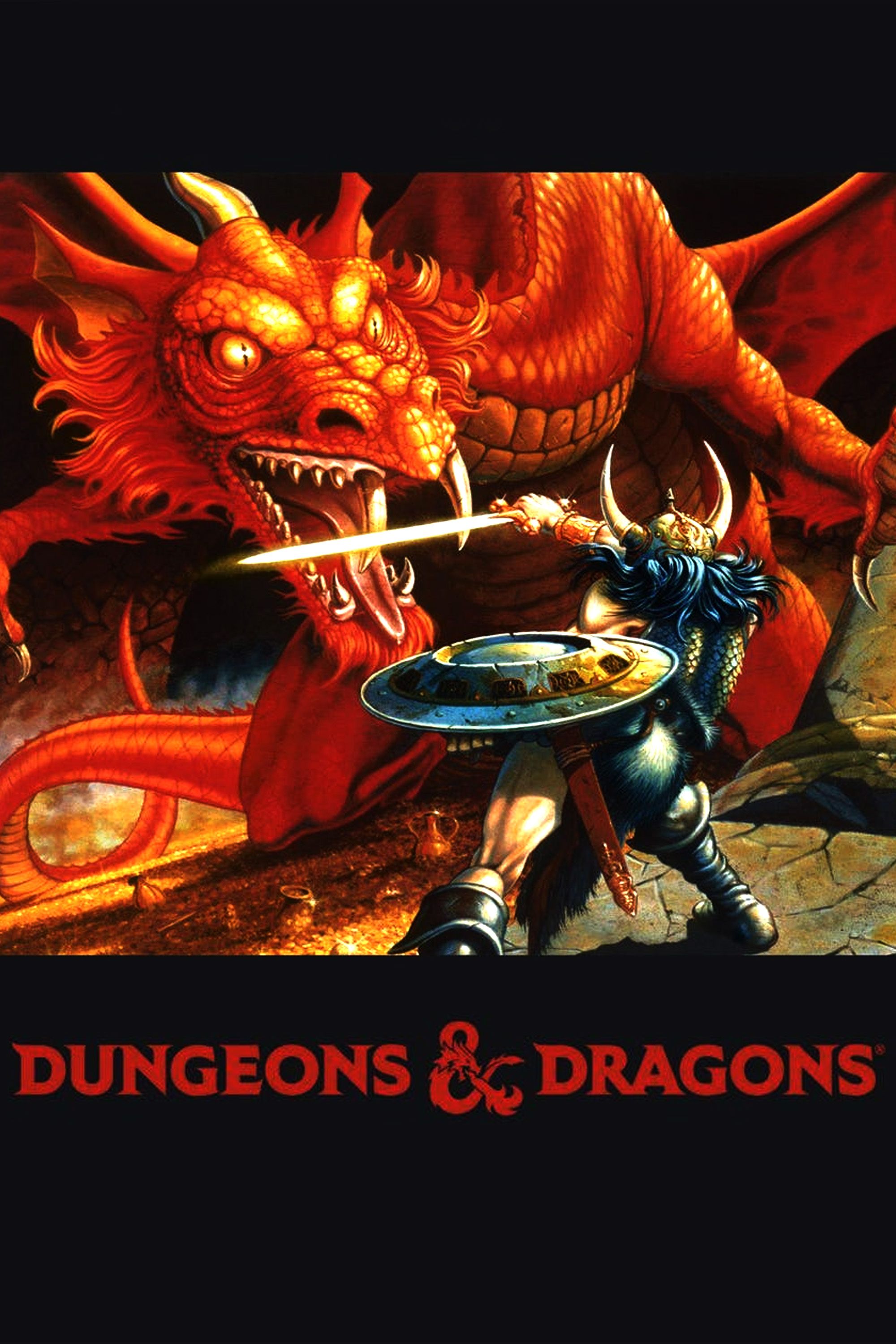
Dungeons and Dragons
- Franchise
- Dungeons & Dragons
- Original Release Date
- 1974-00-00
- Designer
- E. Gary Gygax , Dave Arneson

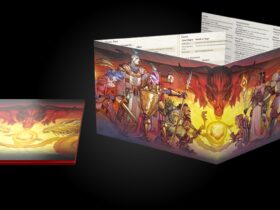
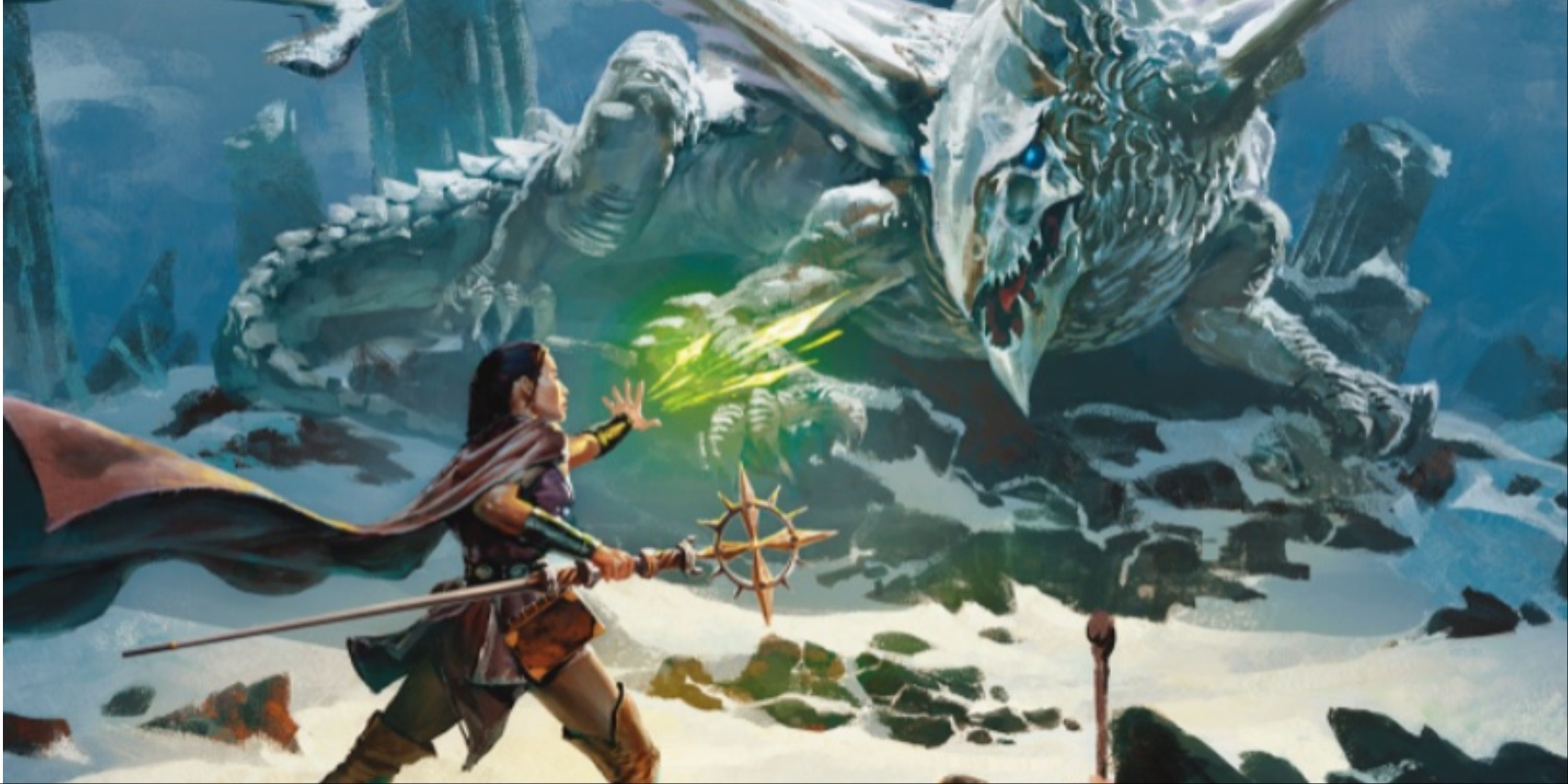

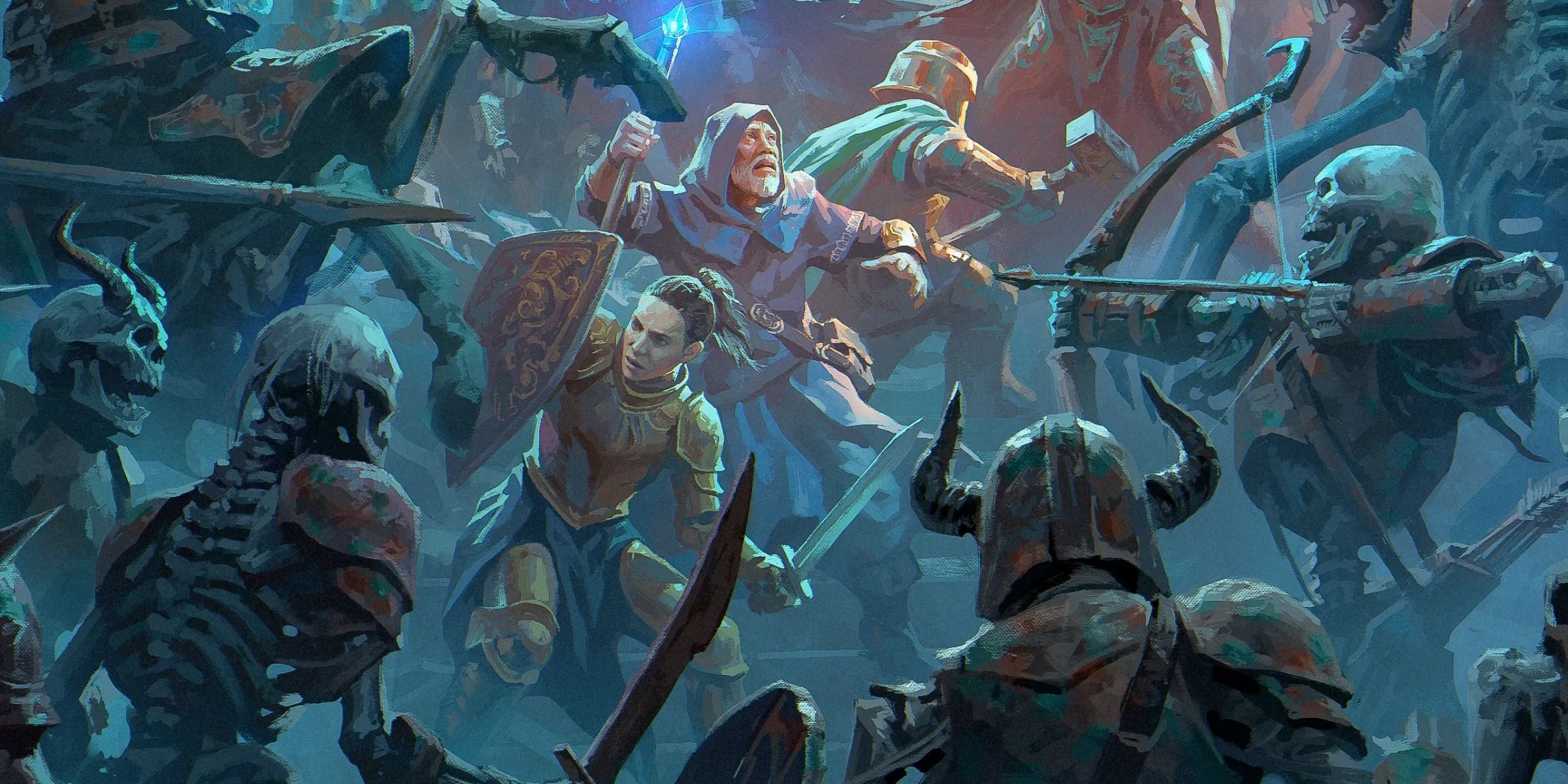
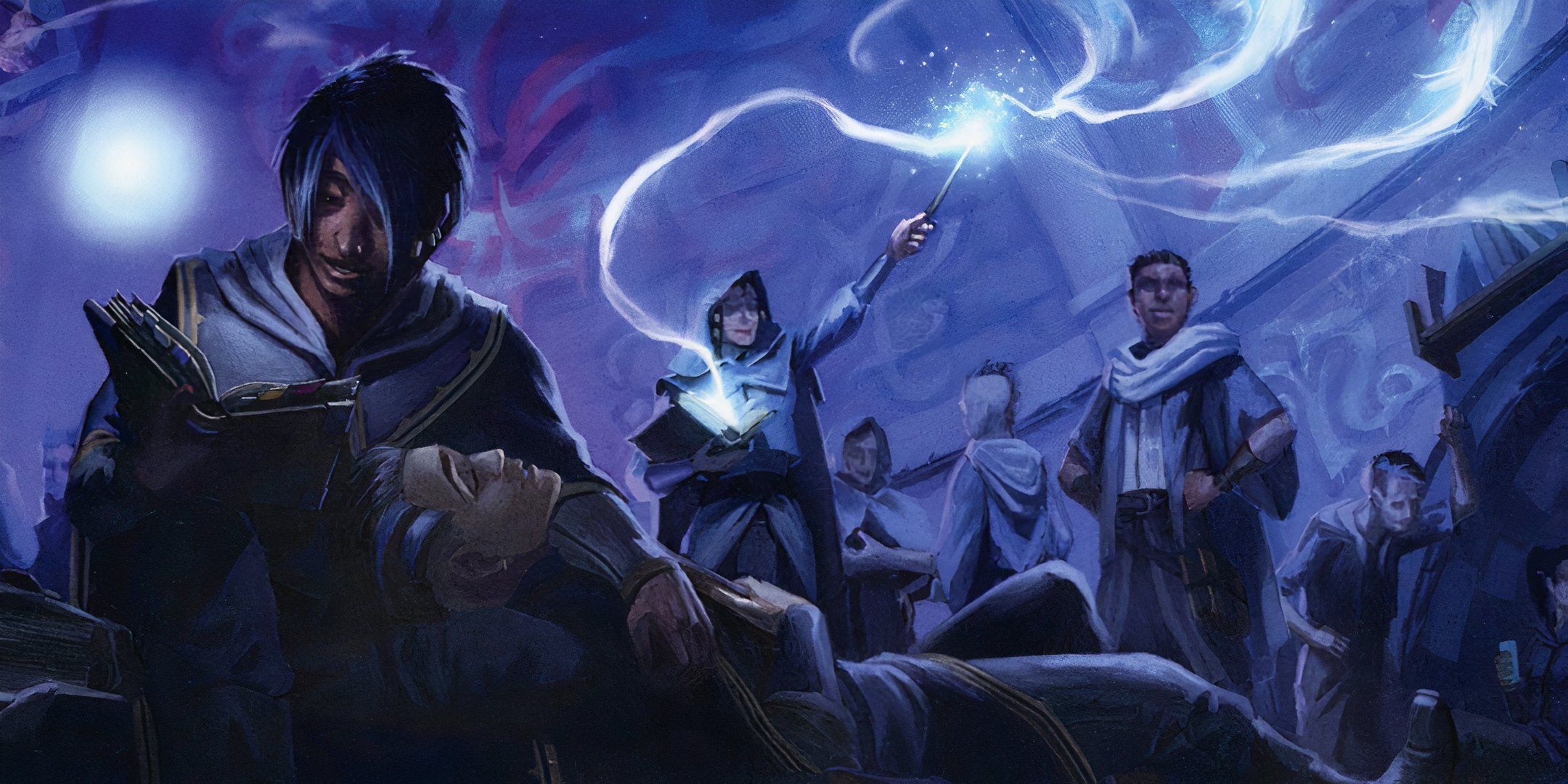
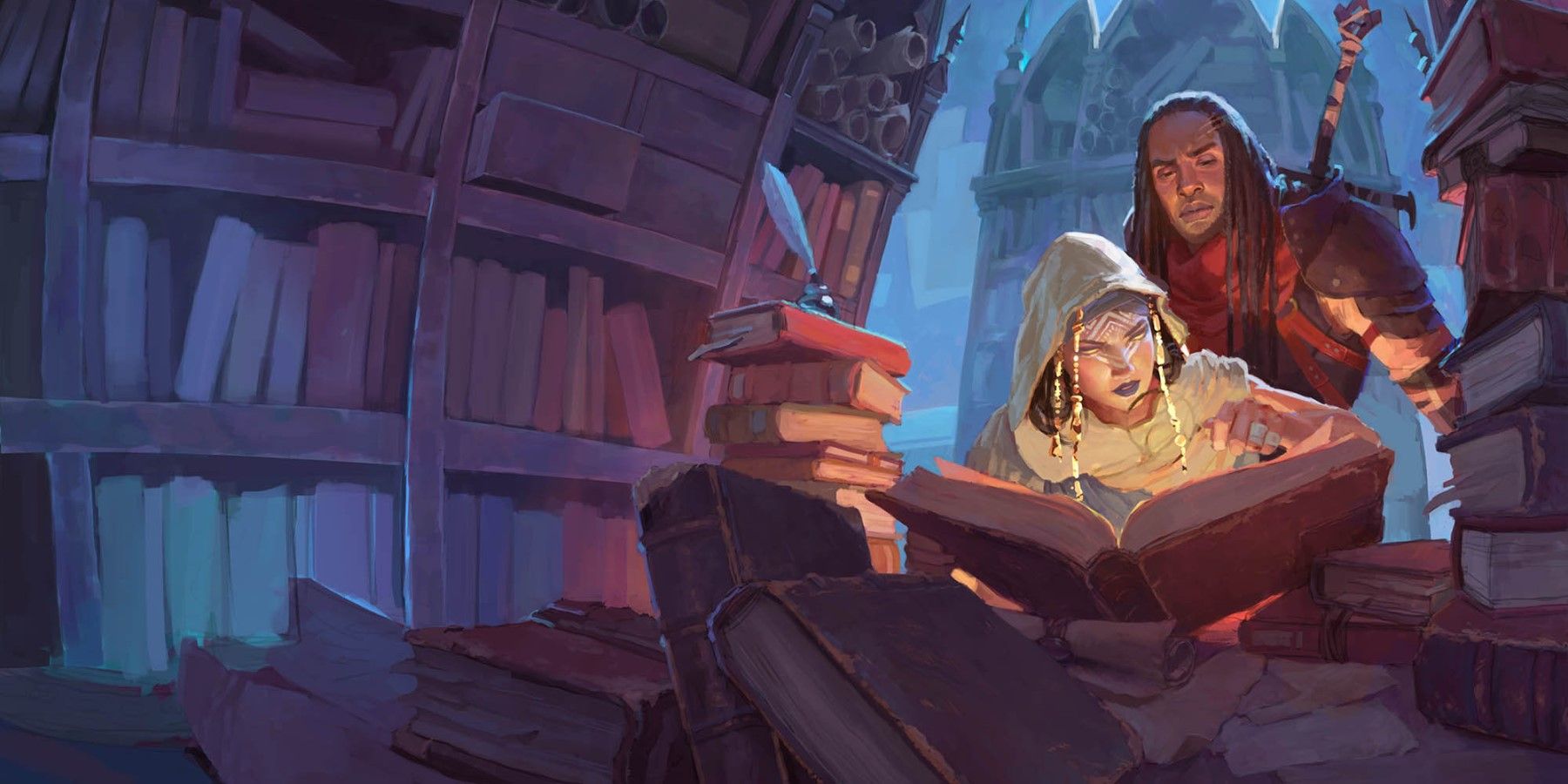

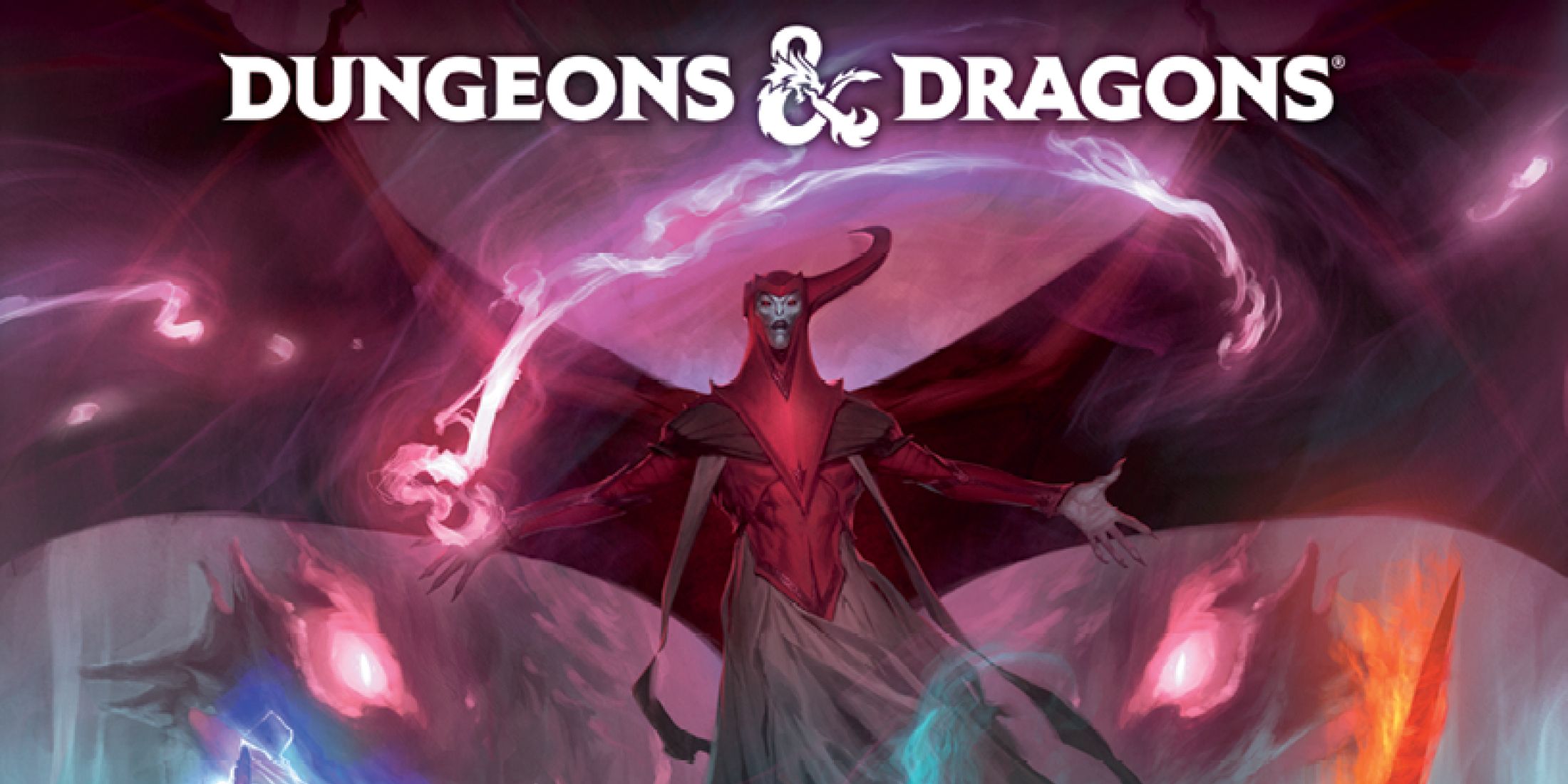
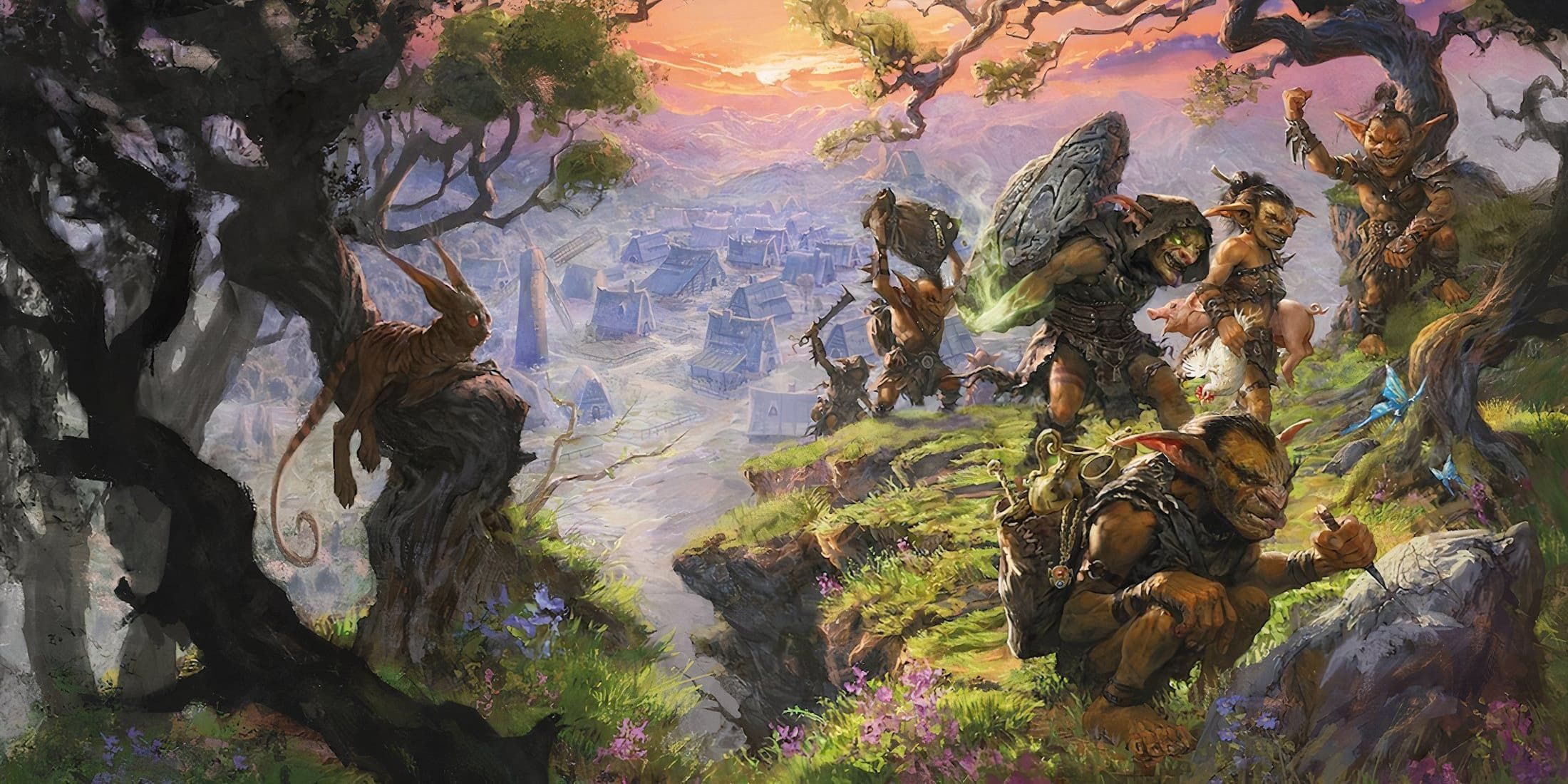
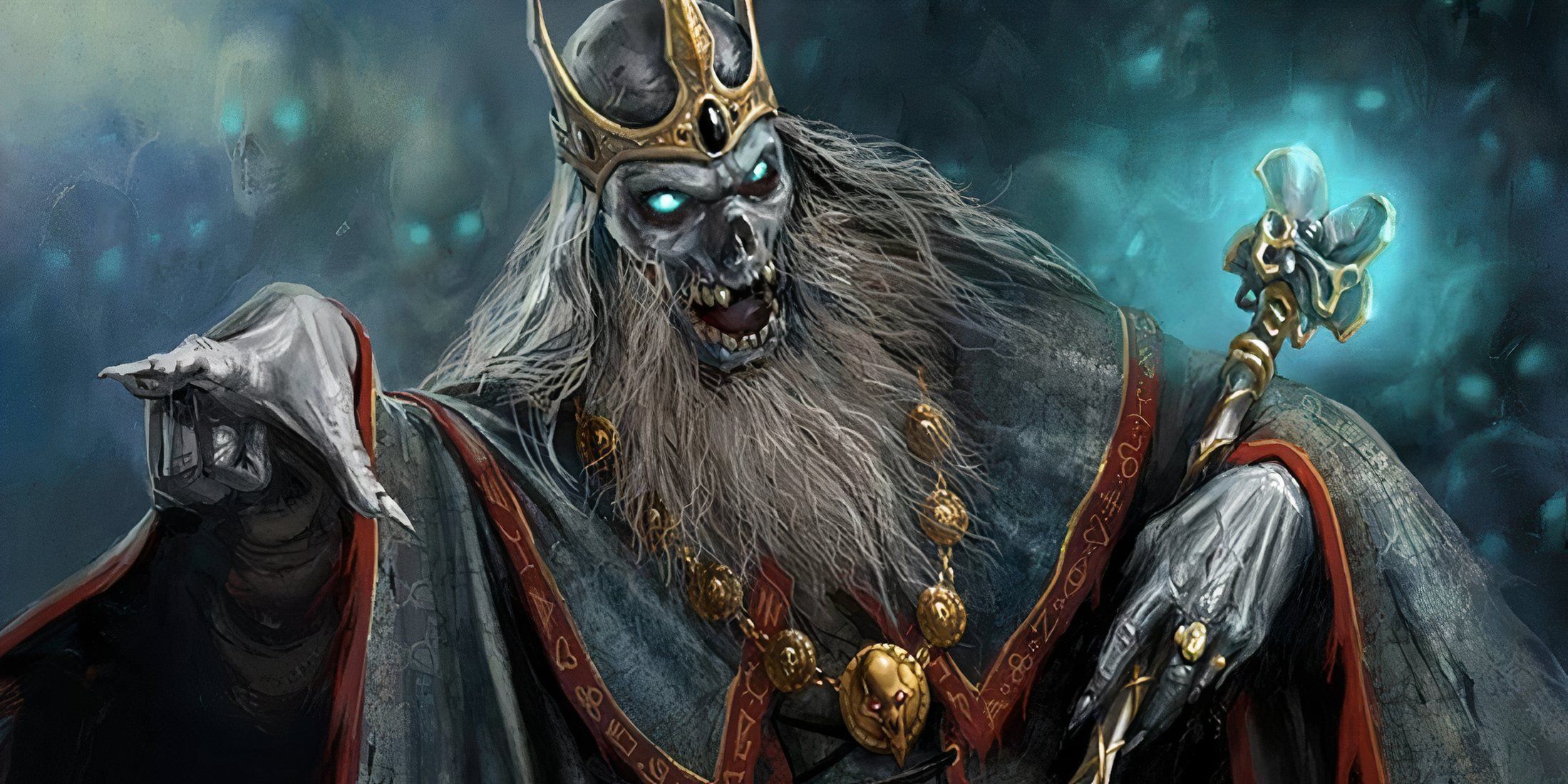
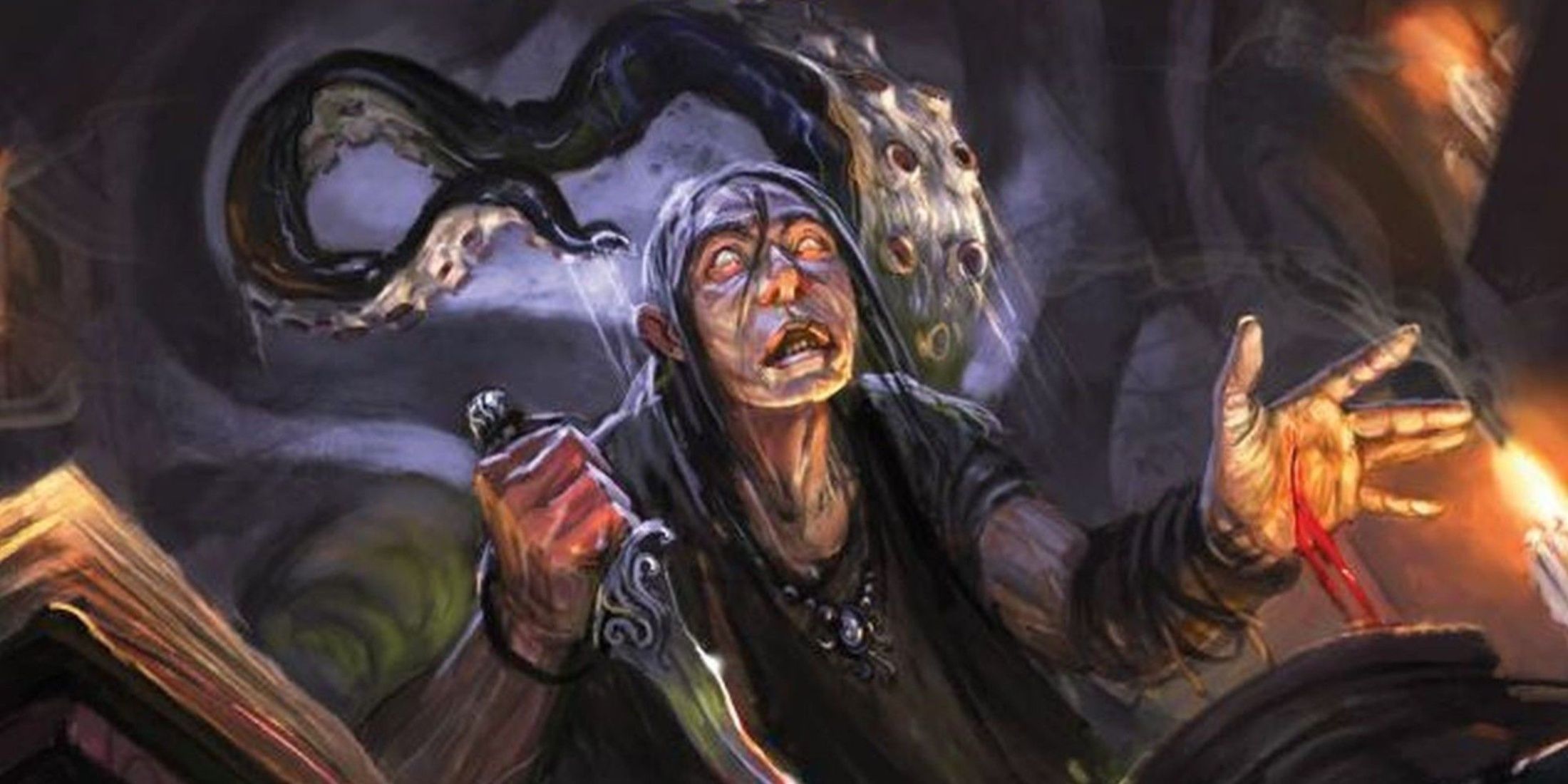
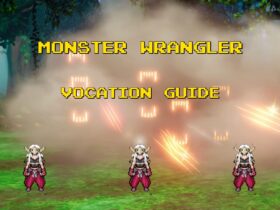


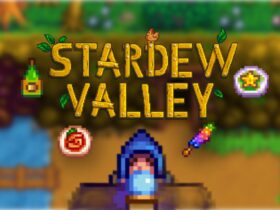

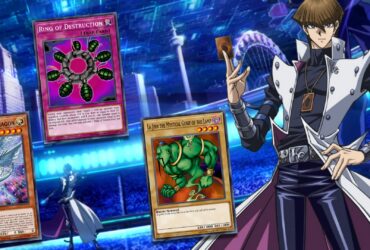
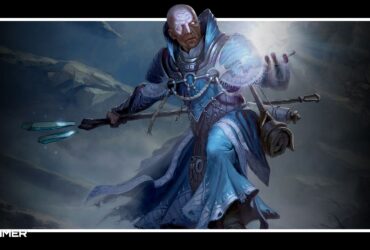

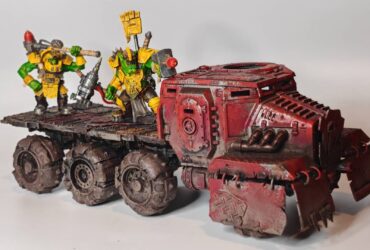
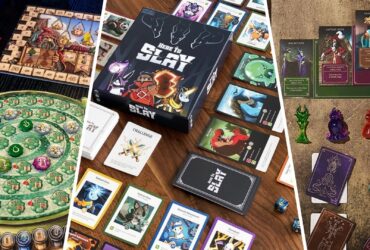
Leave a Reply